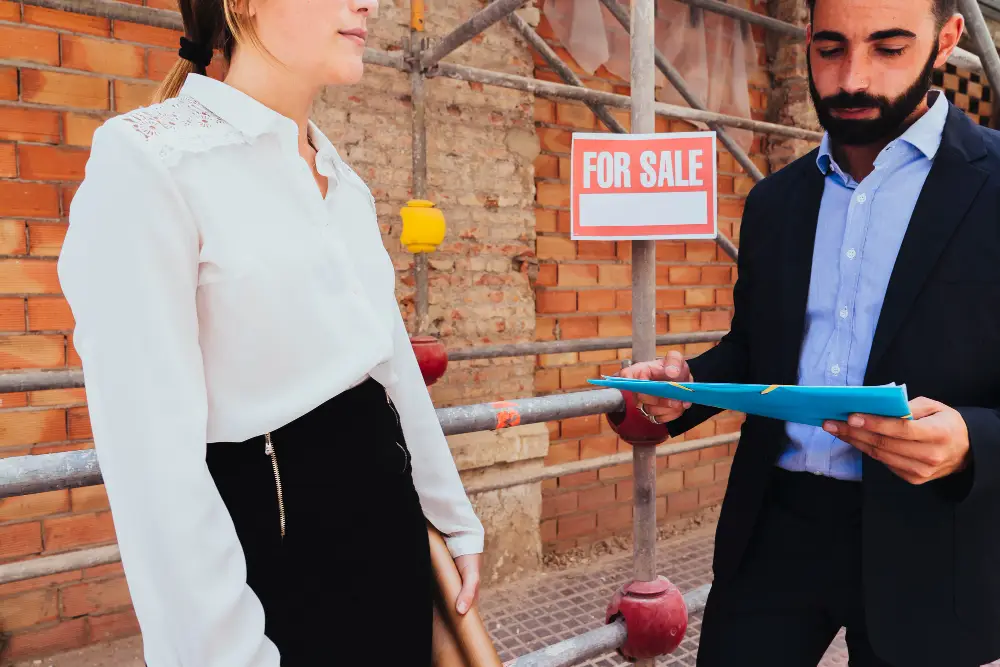Whether it’s a slip and fall in a grocery store, a trip on a broken sidewalk, or an injury at a friend’s house, accidents can happen anywhere. When someone is injured on someone else’s property, the question of who is responsible often arises. This is where premises liability law comes into play. This complex area of law determines when a property owner can be held legally accountable for injuries that occur on their property.
In this comprehensive blog post, we will delve into the intricacies of premises liability law, providing you with a clear understanding of when property owners can be held liable for injuries.
Understanding Premises Liability
Premises liability law is a branch of personal injury law that deals with injuries that occur on someone else’s property due to the property owner’s negligence.
Key Elements of Premises Liability
To establish a premises liability claim, several key elements must be proven:
- Duty of Care: The property owner owed a duty of care to the injured person. The level of duty owed varies depending on the status of the injured person (invitee, licensee, or trespasser).
- Breach of Duty: The property owner breached their duty of care by failing to maintain a safe environment or warn of known dangers.
- Causation: The property owner’s breach of duty directly caused the injured person’s injuries.
- Damages: The injured person suffered actual damages, such as medical expenses, lost wages, and pain and suffering.
The Duty of Care: Who is Owed What?
The level of duty owed by a property owner varies depending on the legal status of the person on their property:
- Invitees:
- Invitees are individuals who are on the property for the benefit of the owner, such as customers in a store or guests at a hotel.
- Property owners owe the highest duty of care to invitees.
- They must take reasonable steps to inspect the property for hazards, warn of known dangers, and make necessary repairs.
- Licensees:
- Licensees are individuals who are on the property with the owner’s permission but not for the owner’s benefit, such as social guests or delivery persons.
- Property owners owe a lesser duty of care to licensees.
- They must warn of known dangers but are not required to inspect the property for hazards.
- Trespassers:
- Trespassers are individuals who are on the property without the owner’s permission.
- Property owners owe the lowest duty of care to trespassers.
- They generally cannot intentionally harm trespassers but are not required to warn of dangers or make the property safe.
Common Premises Liability Scenarios
Premises liability claims can arise from a variety of scenarios, including:
- Slip and Fall Accidents: These are the most common type of premises liability claim. They can occur due to wet floors, uneven surfaces, or debris on the ground.
- Inadequate Security: If a property owner fails to provide adequate security and someone is injured due to a criminal act, the owner may be held liable.
- Swimming Pool Accidents: Drownings and other injuries can occur in swimming pools if proper safety measures are not in place.
- Dog Bites: Dog owners can be held liable for injuries caused by their dogs, especially if the dog has a history of aggression.
- Defective Conditions: Injuries can occur due to defective conditions on the property, such as broken stairs, faulty elevators, or crumbling ceilings.
Proving Negligence in Premises Liability Cases
To succeed in a premises liability claim, the injured party must prove that the property owner was negligent. This involves demonstrating that:
- The property owner knew or should have known about the dangerous condition.
- The property owner failed to take reasonable steps to fix the condition or warn of its existence.
- The injured party’s injuries were directly caused by the dangerous condition.
Statistics on Premises Liability
- According to the National Safety Council (NSC), falls are the leading cause of unintentional injury deaths in the United States.
- In 2020, over 42,000 people died from falls, with many of these falls occurring on someone else’s property.
- The Centers for Disease Control and Prevention (CDC) reports that over 800,000 patients are hospitalized each year due to fall injuries.
- Slip and fall accidents account for over 1 million emergency room visits annually.
- Premises liability cases can result in significant financial compensation for injured parties. The average settlement for a slip and fall case is around $20,000, but settlements can range from a few thousand dollars to millions, depending on the severity of the injuries and other factors.
What to Do if You’re Injured on Someone Else’s Property
If you are injured on someone else’s property, it is essential to take the following steps:
- Seek Medical Attention: Your health and safety are the top priorities. Seek medical attention immediately, even if you don’t think your injuries are serious.
- Report the Incident: Report the incident to the property owner or manager. Make sure to get a copy of the incident report.
- Gather Evidence: If possible, take photos or videos of the scene of the accident and your injuries. Get the contact information of any witnesses.
- Consult an Attorney: Contact an experienced personal injury attorney who specializes in premises liability cases. An attorney can help you understand your rights, gather evidence, and negotiate with the insurance company.
Premises liability law is a complex area of law that can be challenging to navigate on your own. If you have been injured on someone else’s property, it is crucial to seek legal counsel to protect your rights and ensure you receive the compensation you deserve.
Remember, property owners have a responsibility to keep their premises safe for visitors. If they fail to do so and you are injured as a result, you may be entitled to compensation for your medical expenses, lost wages, and pain and suffering.





